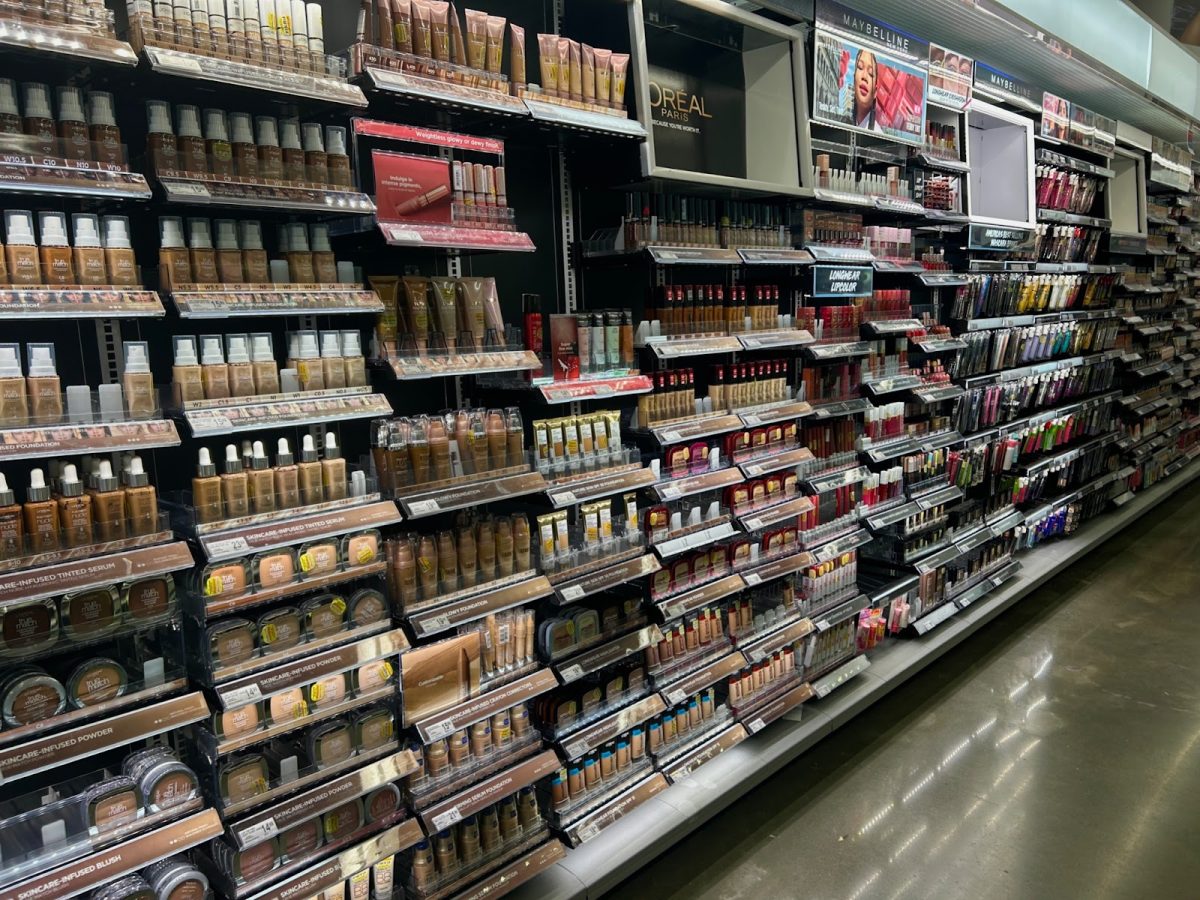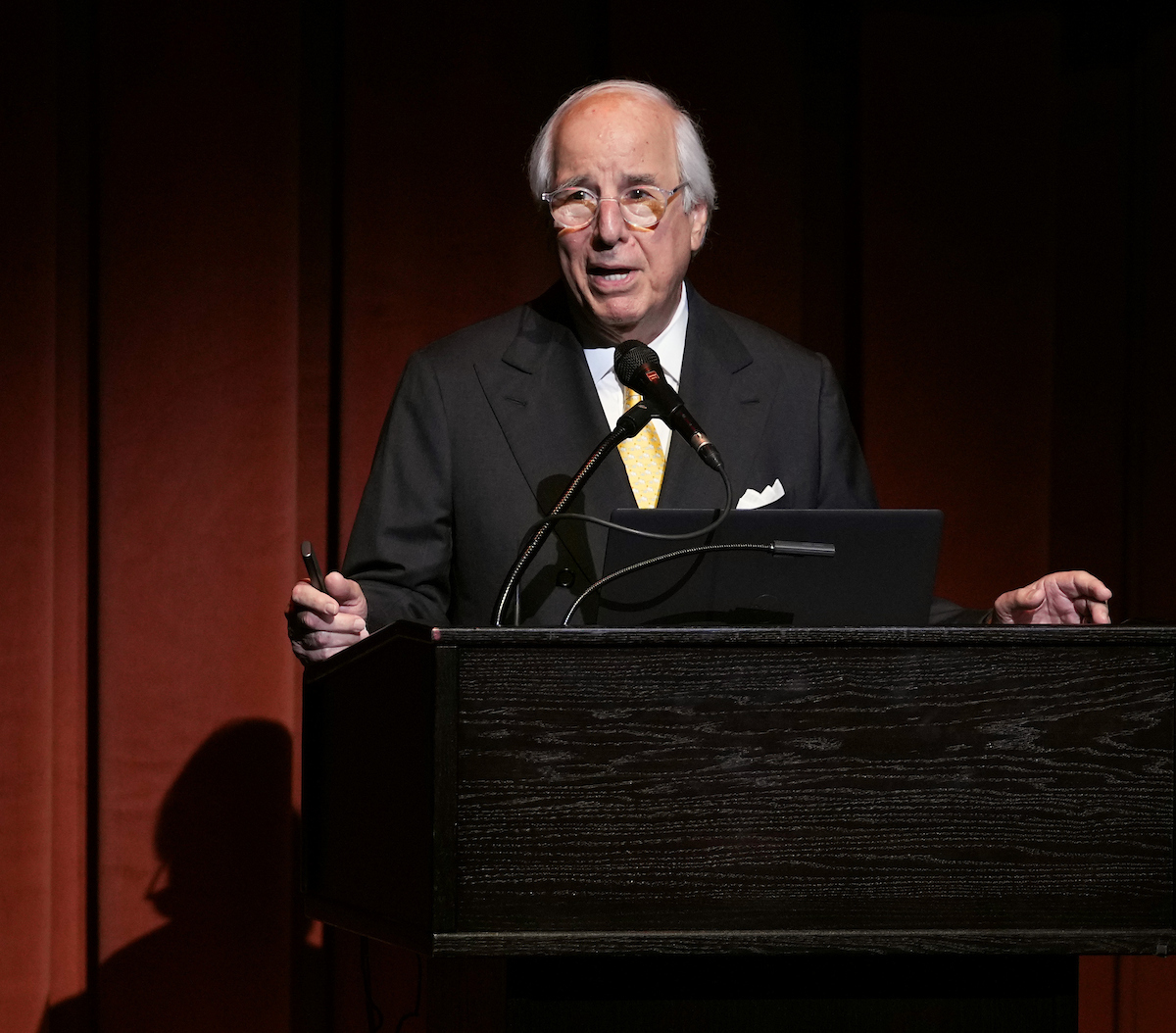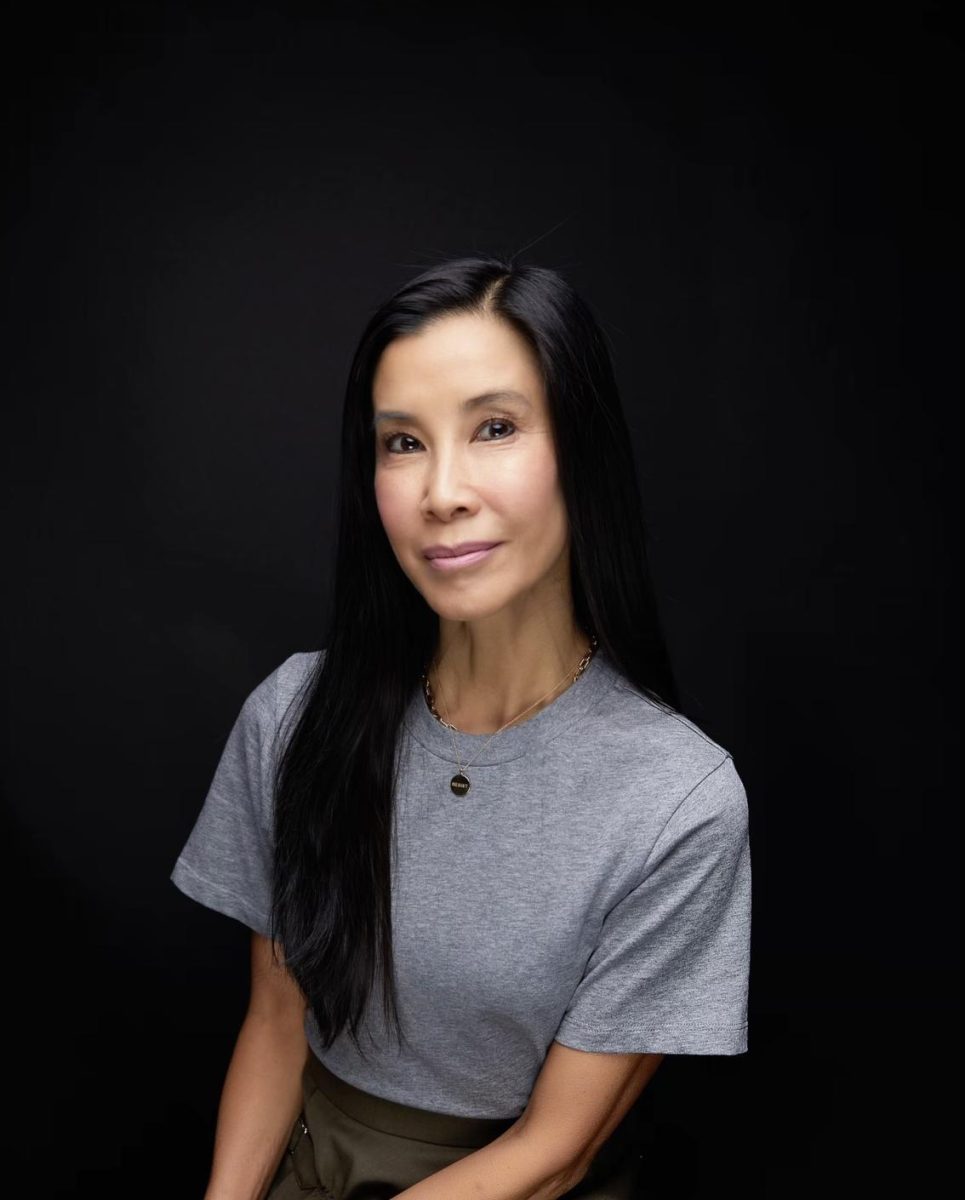More than two dozen chemicals will be banned in popular cosmetic products like perfume, nail polish, and hair care.
California Gov. Gavin Newsom signed into law in October 2023 Assembly Bill 496, which bans certain chemicals in cosmetics beginning in 2027. Many companies will be affected by this, while others won’t but have strong opinions about it anyway. These chemicals already have been banned in the European Union (EU) for years.
The law states that no company can manufacture or sell any cosmetic products that contain chemicals such as vinyl acetate, found in many nail polishes, and lily aldehyde, which is in many products with a lily fragrance. The 26 banned chemicals, which are among the 1,600 already not permitted in the EU, have been found to raise the risk of burns, reproductive issues, cancer, and birth defects.
The law goes into effect on Jan. 1, 2027, allowing time for many well-known makeup and personal care brands to reformulate their products to exclude harmful chemicals.
Although the law seems like it will only bring about positive outcomes, Salome Sallehy, founder of California-based Sugar Sugar Wax and Natural Beauty Summit, points out that it could be misleading.
“Reformulation doesn’t necessarily mean that they’ll use better-for-you ingredients,” said Sallehy, who founded her two companies in 2020. “It means that [companies will] likely find a close alternative, which historically has meant a new formula which is different but usually worse for human health. While I would love to see these laws make an impact, I’m a bit skeptical.”
Sallehy said Sugar Sugar Wax will not be affected by the law since the company has always been a clean and conscious beauty brand that has followed EU ingredient regulations. More familiar brands that are sold in stores such as CVS, Sephora, and Ulta will be the ones more likely to have to adjust, she said.
But not all brands found in stores like these will be affected. “Clean beauty” programs such as Conscious Beauty at Ulta highlight the brands that are already compliant with clean ingredients.
Many students are not aware of all the issues surrounding makeup ingredients and the concept of clean beauty.
“I don’t stop to think about how makeup affects the environment,” said Kailey Durbin, a 9th grader at Northgate High School in Walnut Creek. “It doesn’t cross my mind when I am buying or using it. I probably should think about it more.”
Some students said they already pay careful attention to the cosmetic brands they choose to buy.
“Whenever I do buy makeup I try to do my research to make sure that they are cruelty-free,” said Northgate 9th grader Emma Del Bianco said.
This consideration around truly clean and ethical beauty products is valuable, not just for consumers, but for businesses as well.
“The reality is that when you formulate better products with better ingredients you get more customer loyalty,” Sallehy said. “Having these ingredient policies in place when you work with suppliers allows a brand to expand more rapidly into new markets because you won’t be restrained by compliance in other countries.”
Sallehy said having safer products has helped her business successfully expand into the EU and even some Asian markets beginning in February 2023.

“We’ve been working with one of China’s biggest e-commerce retailers, and being EU compliant has made the entry into that market much easier,” Sallehy said. “Right now, EU standards compliance for cosmetics and personal care products are really the global gold standard that is actually being diligently enforced.”
Marilou Hamer, co-founder of the fragrance company Rosy & Earnest, supports the new cosmetic chemical law and believes it’s a crucial step to customer access to quality product options.
“It is imperative that consumers can trust the products they use daily without concerns about potential health risks to themselves or their loved ones,” Hamer said. “Consumers’ well-being should never be compromised by harmful substances in the products that they depend on.”
Other cosmetic company owners feel the same.
“I am very excited about this new law banning harmful chemicals in our beauty and personal care products. Frankly, it’s about time,” said Amy Golan, founder of Planet Renu, a local refillery and zero-waste store in Walnut Creek. “I don’t think the average consumer is aware of the harmful ingredients in everyday products that they purchase from well-known stores. I always advise and encourage everyone to look at the ingredients of everything you buy.”
Although Rep. Mark DeSaulnier, D-CA, does not vote on legislation at the state level, he said he’s still in favor of initiatives in Congress that aim to enhance the health and safety of consumer products.
“I strongly support efforts to protect American consumers and ensure that companies are acting in the best interest of public health and safety,” DeSaulnier, who represents California’s 10th Congressional District, wrote in an email. “I have been proud to support legislation in Congress that would more effectively regulate products like food and cosmetics, and I look forward to continuing my efforts to ensure Americans have access to full and accurate information about the products they use and that our laws prioritize the wellbeing of consumers over corporations.”
When companies continue to use ingredients that are widely known to be harmful, it begs the question of their motives and values.
“If you’re building a business on legacy formulations that have proven to be toxic to humans and affect human health,” Sallehy continued, “you’re gonna have a tough road ahead.”
Caroline Donahoe is an 11th grader at Northgate High School in Walnut Creek.









Ilse Krick • Aug 13, 2025 at 1:55 pm
Thank you, Caroline, for writing about this important topic.